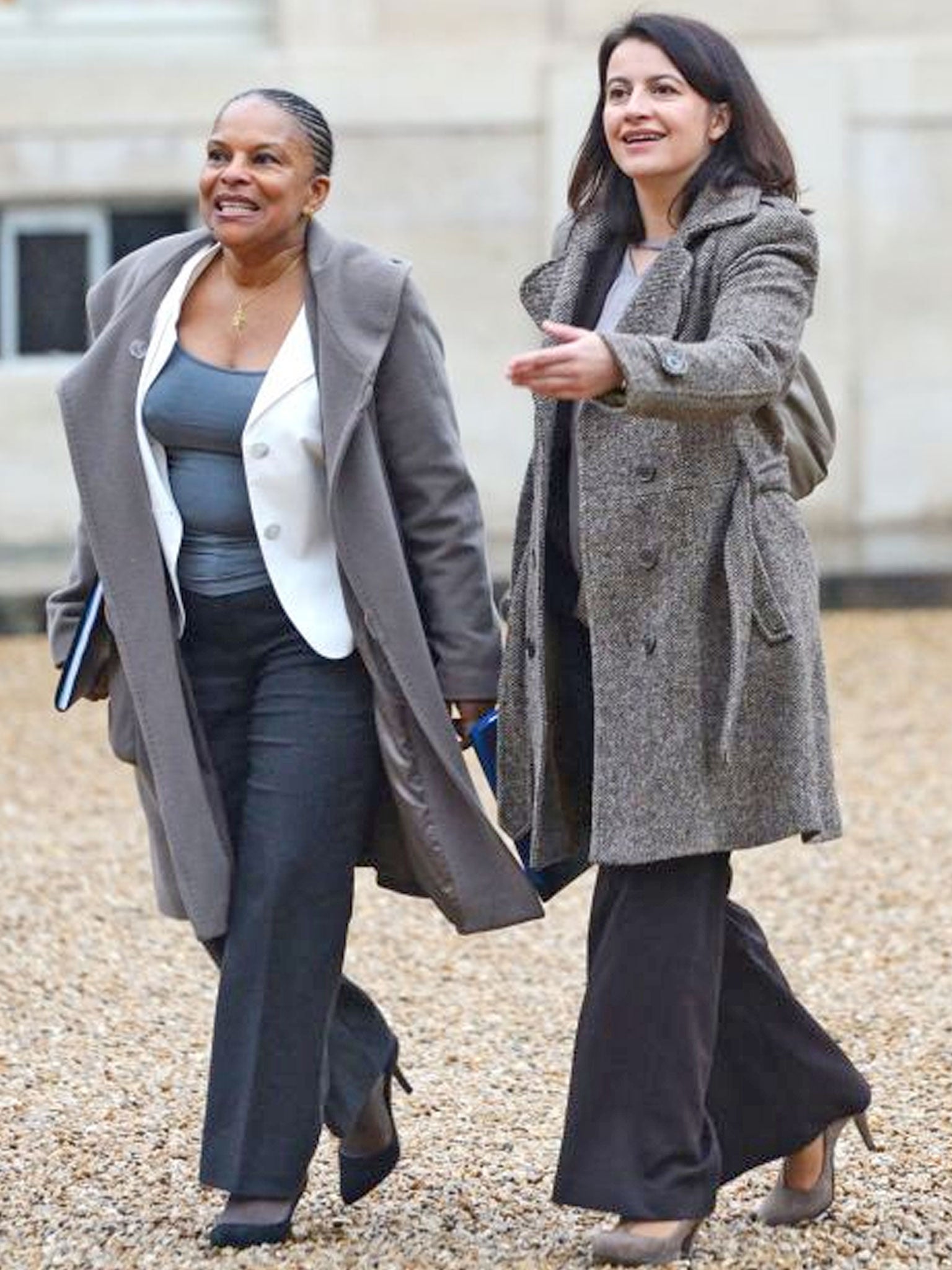At last, women of Paris can wear the trousers (legally) after 200-year-old law is declared null and void

Your support helps us to tell the story
From reproductive rights to climate change to Big Tech, The Independent is on the ground when the story is developing. Whether it's investigating the financials of Elon Musk's pro-Trump PAC or producing our latest documentary, 'The A Word', which shines a light on the American women fighting for reproductive rights, we know how important it is to parse out the facts from the messaging.
At such a critical moment in US history, we need reporters on the ground. Your donation allows us to keep sending journalists to speak to both sides of the story.
The Independent is trusted by Americans across the entire political spectrum. And unlike many other quality news outlets, we choose not to lock Americans out of our reporting and analysis with paywalls. We believe quality journalism should be available to everyone, paid for by those who can afford it.
Your support makes all the difference.After 213 years, it’s official – women in Paris can wear trousers. The most disobeyed law in the French capital – except stopping for red lights – has been declared null and void.
Since 7 November 1800, it has been technically illegal for a woman to wear trousers in Paris without a police permit. Just over a century ago, exceptions were introduced for women riding horses or bicycles. Otherwise, the by-law remained in force. Any woman wearing slacks, a trouser suit or jeans could, in theory, be “arrested and taken to police headquarters”.
The ministry of women’s rights has finally proclaimed that the edict – applicable in Paris, not the rest of France – is unconstitutional.
The ministry said in a written statement: “Ruling Number 22 of Chief of Police Dubois of the 16th Brumaire of the year nine (7 November 1800 in the revolutionary calendar), entitled ‘ruling on women cross-dressing’, is incompatible with the principle of equality between men and women enshrined in the constitution.”
The by-law appears to have been introduced because French revolutionary women started to take “liberty” too seriously and demand the right to perform men’s jobs and wear men’s clothes. The law was last applied in the 1930s when the French Olympic committee stripped the French athlete Violette Morris of her medals because she insisted on wearing trousers.
Join our commenting forum
Join thought-provoking conversations, follow other Independent readers and see their replies
Comments